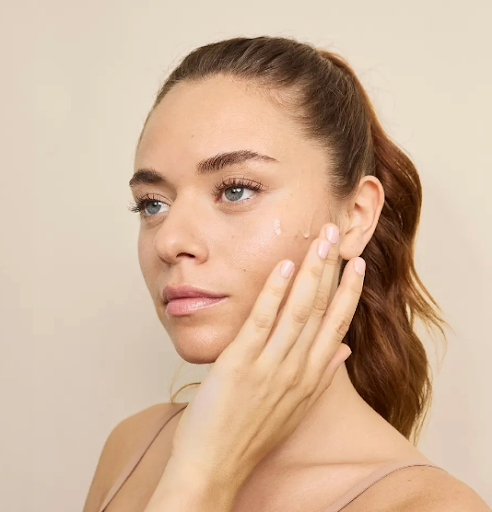
Glutathione Injection NZ: Does it work for skin whitening?
Glutathione is a popular ingredient in skin whitening products, including those available in New Zealand. It is believed to work by reducing melanin production, leading to a lighter skin tone over time. Many people use glutathione in the form of oral supplements, injections, or skincare products to achieve a brighter complexion. However, while some users report positive results, scientific evidence on its effectiveness for skin whitening is still limited. Let’s have a closer look at the pros and cons of glutathione injections in New Zealand.
What is glutathione?
Glutathione is an incredibly important molecule in our bodies. Its main purpose is to protect us against harmful oxidative stress due to its antioxidant properties. Oxidative stress happens when we form free radicals, which are unstable atoms that can damage our cells, causing illness and aging. Because it is so important, we have ten times more glutathione than Vitamin C.
Glutathione it is not a vitamin, and our body can make it.

What are the benefits of having it as an injection
Glutathione can be given as an injection, which means that you will have higher doses in your blood stream, which can be more effective than taking it as a supplement. Injections have higher bioavailability compared to oral supplements, ensuring more efficient absorption and utilization by the body.
Improves the skin quality
Glutathione can rejuvenate the skin by improving its texture, supporting collagen production, and reducing the appearance of fine lines and wrinkles. It helps neutralize free radicals, which contributes to improved skin quality. As a result, it can often appear more radiant and with a healthy glow.
Whitens The Skin
On top of that, glutathione can also whiten the skin. Glutathione can help reduce hyperpigmentation, leading to a more even skin tone. This is because it can reduce melanin, the pigment that is responsible for the brown color of our skin. Glutathione is often used for skin whitening, especially in Asian countries, such as the Philippines, but there is not enough strong evidence to prove its effectiveness. More research is needed to confirm how well it works.
This makes it a popular choice for those looking to brighten their complexion.
Can Boost Your Energy
Many people, but not everybody, experience an energy boost a few days after the injections. By enhancing cellular function, glutathione helps increase energy levels and reduce fatigue, potentially making you feel more vibrant and active. Glutathione aids in detoxification, which can contribute to increased energy levels.
Additionally, many people report that the increased energy levels contribute to a more vibrant and glowing skin appearance.
Support For The Immune system
Moreover, these injections support the immune system, enhancing the immune response, helping the body to fight off infections more effectively. A few studies have shown that it may help reduce the duration of the common cold.
How do glutathione injections work for skin whitening in NZ?
When it comes to skin whitening, understanding how glutathione works is crucial as it has some potential benefits. Maintaining optimal glutathione levels is crucial for achieving the desired skin whitening effects. Please remember that, so far, the scientific evidence is only limited and not conclusive. But we do know that glutathione has the ability to reduce the amount of melanin we have in our skin.
Many people who have the injections notice that the skin becomes whiter by one or two tones. In our experience the injections work best for people of Asian origin with medium dark skin. Very dark-skinned people may require a higher number or higher dose.

How much glutathione will I need?
The treatment is still controversial and experimental, so, at this stage we can not clearly say what dosage or how many infusions are best.
Most scientific studies look at how glutathione injections work for cancer. In these studies, people usually receive between 3 to 4 grams of glutathione twice weekly. But very high doses may not be more beneficial. This is because glutathione has to be transported into the cell by a receptor. Once these receptors are fully occupied, the cells may not take more glutathione on board.
For skin whitening, most healthcare professionals will administer between 500 mg to 1 g once or twice per week over 6 to 12 weeks. Many people start noticing a difference to their skin color after two to four infusions. The darker your skin color, the more infusions you will likely require.
Why are some doctors so reluctant to give intravenous glutathione for skin whitening?
The main reason is the lack of scientific evidence at this current stage. More clinical trials are needed to establish the efficacy and safety of intravenous glutathione for skin whitening. Intravenous glutathione for skin whitening is considered an off-label use, meaning it is not an approved or established medical treatment. While glutathione is an essential antioxidant in the body and has various functions, its effectiveness in skin whitening is still under debate. No robust scientific evidence supports its efficacy and safety for this specific use.
Let’s Look at one main study investigating intravenous glutathione for skin whitening.
So far, there is one significant study out there. In this study, doctors gave intravenous glutathione to women and checked how they tolerated it and if it whitened their skin. The study included a placebo group to compare the effects of glutathione injections. Unfortunately, it showed significant problems with intravenous glutathione. BUT! If we look closer at this study, it had quite a few flaws.
What was the study about: Effects on Melanin Production
The study was done in India in 2018. All women in this study had dark skin and wanted to lighten their skin tone. They were given 12 injections of glutathione to see how it would affect their melanin levels. The study showed that 37.5% of the women noticed skin brightening after they had completed 12 infusions over six weeks. But there is one very unusual aspect of this study. For some reason, many of these women had severe side effects during their treatment. Several women developed liver function problems, and one had a severe allergic reaction. This makes us wonder if there was a problem with the product given to these poor women or if there was a problem with how the drug was given.
Why did so many women have reactions to the glutathione injections?
So let’s look at what product they used in this study. The doctors used a product called GSH Detox Forte®. This product does not contain glutathione only. Instead, it also contains other ingredients, such as hydrolysed collagen, Vitamin C and distilled water. Many other studies out there use glutathione for the treatment of other medical conditions. None of these reported the same side effects.
On top of that, we do not know how this product was manufactured. If manufacturers do not follow strict safety and hygiene standards, problems can occur.
They used 5 ml of this product and only diluted it with another 5 ml of water. This means that a very highly concentrated solution was injected into the bloodstream. This can easily cause side effects such as nausea and dizziness.
Did the women have whiter skin?
Yes, 37.5% of the women experienced skin lightening. But it is essential to note that the skin became darker over the next six months.
In summary
A lot of the bad reputation of intravenous glutathione is based on this study’s efficacy. But we can see that the study was flawed. This is likely because the product used for the injections was flawed.
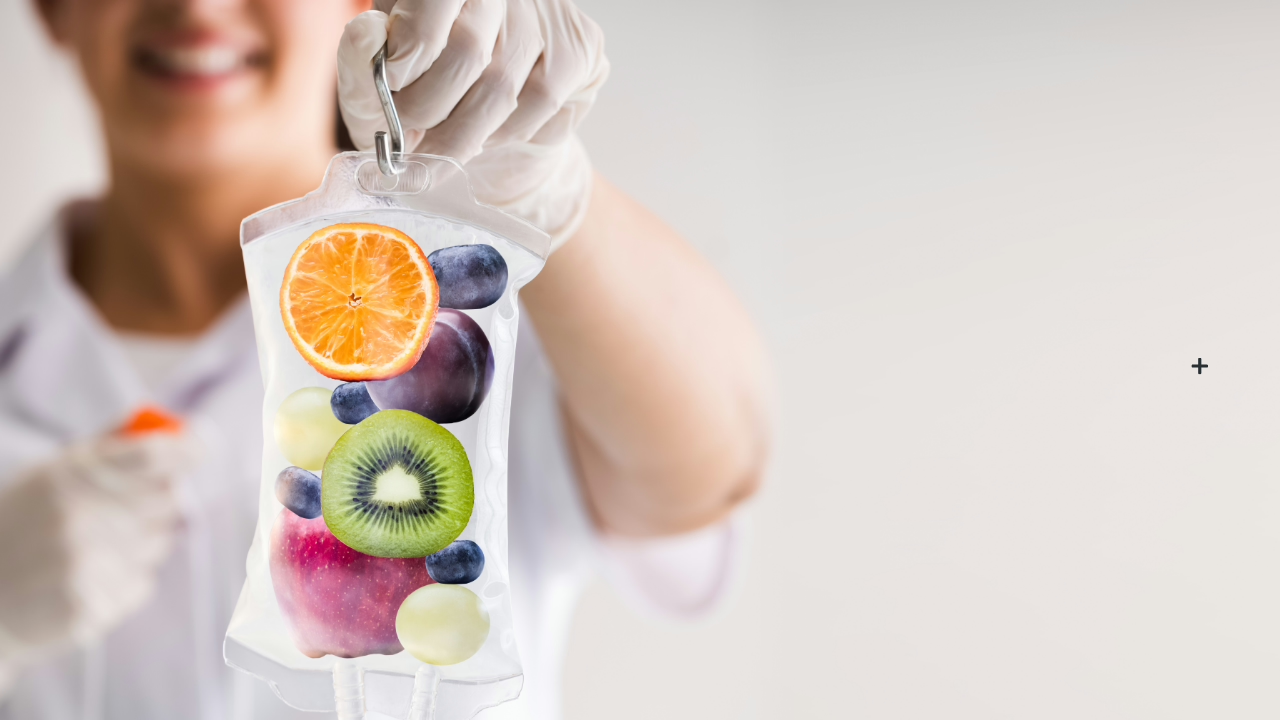
What for have glutathione injections been approved?
Glutathione injections have been approved in India for the therapeutic use of treating certain liver conditions. On top of that, it was approved in the Philippines for cancer patients with side effects from chemotherapy.
At the same time, it is essential to note that the FDA in the Philippines issued a warning against the use of intravenous glutathione for skin whitening.
Are glutathione injections approved in New Zealand?
In New Zealand, glutathione injections have not received regulatory approval from Medsafe. This means that when you get glutathione injections in NZ, the doctor or nurse will have to notify the Ministry of Health that it was given. The New Zealand government regulates this under the law of Section 29.
How can I make sure I get safe glutathione injections in NZ?
In New Zealand, all medications and their distribution are quite strictly regulated. Skin clinics require relatively high safety standards and hygiene standards to be able to operate. But here are a few recommendations on how you can make sure that you are safe:
Make sure the preparation you get is safe.
In Australia, seven people became quite sick after they received a glutathione injection. This happened because the glutathione product was compounded in a pharmacy and not produced to Good Manufacturing Practice (GMP) standards. These are rigorous standards the World Health Organization (WHO) sets. There are no such cases in New Zealand.
Additionally, by ordering products according to GMP standards, doctors or nurses ensure that the glutathione administered is of the highest quality and meets stringent manufacturing guidelines. GMP standards include raw material sourcing, manufacturing processes, quality control, and product testing. Adhering to these standards ensures that the glutathione used in infusions is pure, potent, and free from contaminants.
We recommend you check with your chosen clinic to see if they provide infusions based on GMP standards.
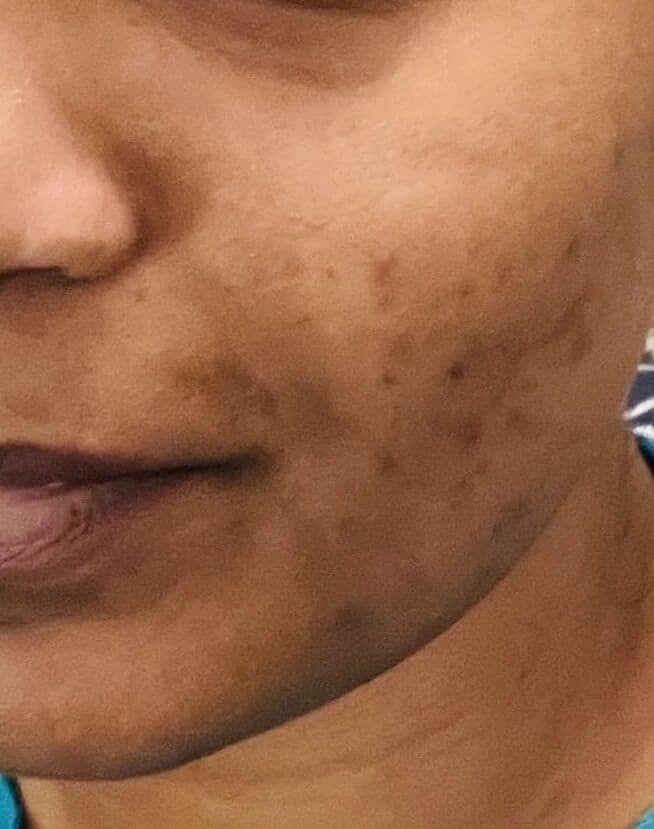
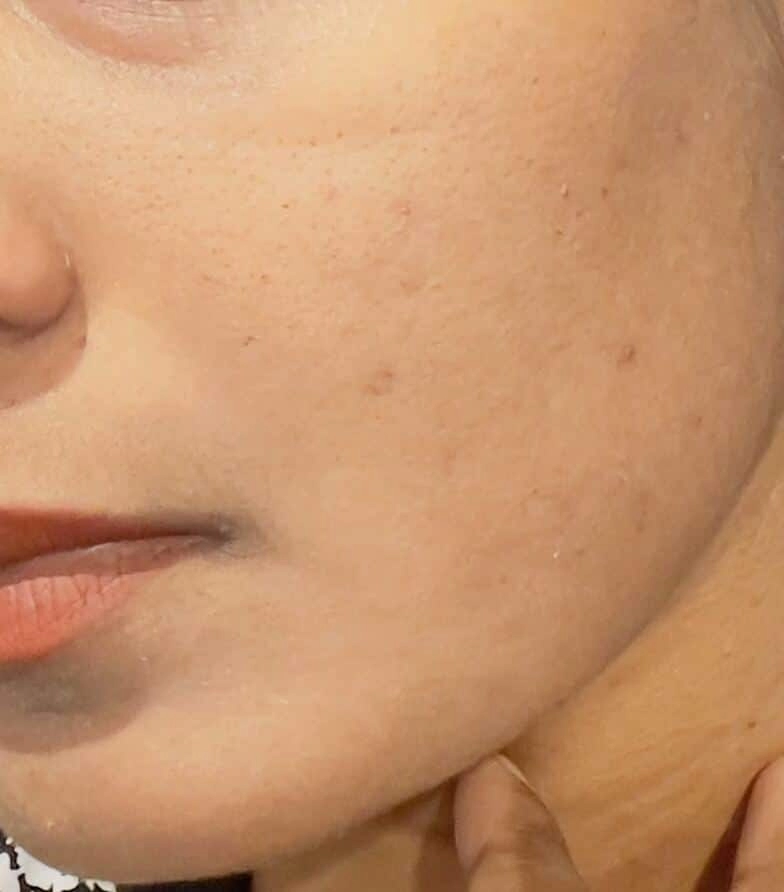
Get Your IV Infusion Therapy By A Trained Professional
It is essential to seek the expertise of a qualified health professional when considering a glutathione infusion for several reasons. Professional expertise ensures the correct administration and monitoring of the treatment. First and foremost, these professionals possess the necessary knowledge and experience to assess your specific health needs and determine the appropriate dosage and treatment plan. Glutathione infusions should not be approached as a one-size-fits-all solution, as each person’s requirements may differ.
Furthermore, when you receive a glutathione infusion from a qualified health professional, you can be monitored and supervised during the treatment. These professionals are trained to assess potential side effects or adverse reactions. As a result, they can adjust the treatment accordingly to ensure optimal results and patient safety.
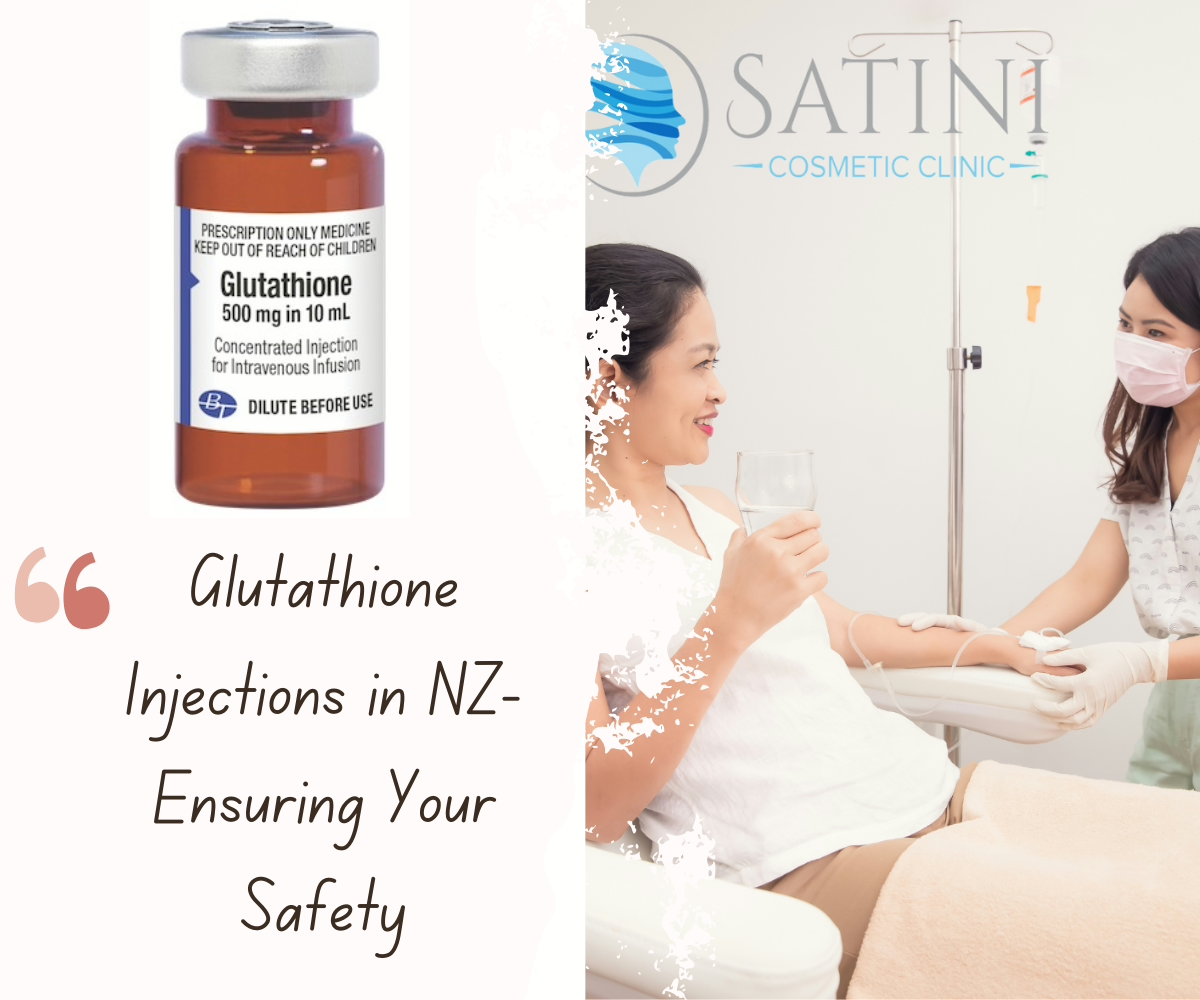
Preparing for Glutathione Injections
Proper preparation is key to maximizing the benefits of glutathione injections. Start by consulting with a healthcare professional to determine if glutathione injections are suitable for you. They can assess your health needs and recommend the appropriate dosage and treatment plan.
It is important to get a blood test before you have the infusion. This is to ensure that your liver and kidneys are working well.
If you are taking certain medications, such as blood thinners, your healthcare provider may advise you to stop them temporarily before undergoing glutathione injections. Additionally, it is advisable to avoid smoking and alcohol, as these can reduce the effectiveness of the treatment.
You do not need to change your diet or take any particular precautions before the infusion.
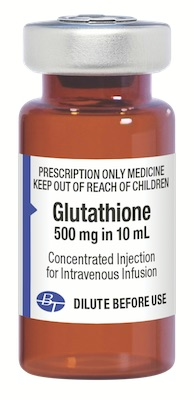
This is an example of manufactured glutathione, produced in Australia by the company “Biological Therapies.” Known for its high-quality standards, the company undergoes regular audits and reviews to ensure the highest safety and hygiene standards.
Can you mix glutathione injections with other nutrients in NZ?
In recent years, there has been growing interest in the use of intravenous infusions as a means to enhance overall health and well-being. Combining these nutrients can have a synergistic effect, enhancing their overall benefits. IV infusion therapy is a popular method for delivering these nutrients directly into the bloodstream. One particular combination that has gained popularity is the mixture of glutathione, vit c, and alpha-lipoic acid (ALA). All of them are powerful antioxidants, and you can give them together as an infusion. Glutathione is often administered through IV infusions for maximum effectiveness.
Vitamin C is commonly included in IV infusion therapy to enhance its benefits. ALA can be part of a more comprehensive IV therapy plan.
Glutathione
Glutathione, often called the “master antioxidant,” is a natural substance in the body. It plays a crucial role in maintaining cellular health and also combats oxidative stress.
Vitamin C
Vitamin C injections are often used for skin brightening, boosting collagen production, and improving overall skin health. Some people also use them alongside glutathione to enhance skin whitening effects. These injections may help reduce pigmentation and give the skin a more even tone. However, while Vitamin C is essential for healthy skin, there is limited scientific evidence to prove that injections alone can significantly lighten the skin.
ALA
Alpha-lipoic acid (ALA) injections are used for their antioxidant properties, which may help improve skin health and overall well-being. Some people believe ALA can promote skin brightening and reduce signs of aging by fighting free radicals and boosting collagen production. It is also sometimes combined with other treatments, like glutathione, for enhanced effects. However, while ALA has many health benefits, there is limited scientific evidence proving its effectiveness for skin whitening.
Vitamin B Complex
Vitamin B complex infusions provide a mix of essential B vitamins, including B1, B2, B3, B5, B6, B7, B9, and B12, which help boost energy, support nerve function, and improve overall health. Some people also use them to promote healthier skin, hair, and nails. These infusions can help combat fatigue, enhance metabolism, and support the immune system. While they offer many health benefits, their effects on skin brightening or hair growth are not well-proven by scientific research.

Which people do not have enough glutathione?
Generally speaking, any form of inflammation can cause a glutathione deficiency. Here are a few examples:
Chronic Fatigue Syndrome
Chronic Fatigue Syndrome (CFS) is a debilitating condition that causes high fatigue and widespread pain. People with CFS often have low glutathione levels, which can contribute to oxidative stress. Research suggests low glutathione levels may cause impaired cellular function and compromised energy metabolism. This can lead to the persistent fatigue that many people with CFS have.
Fibromyalgia
Similarly, individuals living with Fibromyalgia may also experience lowered glutathione levels. People with fibromyalgia have chronic pain, fatigue, and cognitive difficulties. Studies indicate that oxidative stress can make the symptoms of fibromyalgia worse. The depletion of glutathione may further worsen symptoms and contribute to oxidative damage.
Parkinson’s Disease
Neurodegenerative diseases like Parkinson’s disease affect movement and cognitive function. Emerging evidence suggests that glutathione is crucial in protecting neurons from oxidative damage. As a result, this helps to maintain cellular health in the brain. People with Parkinson’s disease often have reduced glutathione levels. This potentially makes them more susceptible to oxidative stress and nerve damage.
AIDS
The human immunodeficiency virus (HIV) that causes AIDS weakens the immune system. On top of that, it also increases oxidative stress in the body. Often, individuals with HIV/AIDS often have reduced glutathione levels. This may contribute to the progression of the disease, impaired immune response, and heightened susceptibility to secondary infections.
Other medical conditions that can cause glutathione depletion are Cystic Fibrosis, Inflammatory Bowel Disease and exposure to toxins.


What other skin whitening treatments are available in NZ?
Yes, there are other skin whitening treatments available apart from glutathione injections. Topical treatments like creams and lotions can also help with skin whitening. And if you are interested in glutathione, you may want to consider oral supplements that boost your glutathione production, such as NRF 2 Activator.
Oral Glutathione
Taking glutathione in tablet form may help lighten the skin, as several scientific studies suggest it can reduce melanin production over time. It is often used as an antioxidant to improve skin health while promoting a brighter complexion. However, results may vary depending on dosage, absorption, and individual skin types. To achieve the best effects and ensure safety, it’s important to choose high-quality supplements from trusted sources and follow the recommended dosage. Consulting a healthcare professional before use is also advised, especially for long-term consumption.
Oral Glutathione Activator NRF2
Oral Glutathione Activator NRF2 is a supplement that helps the body make more glutathione, a natural antioxidant that protects cells and reduces inflammation. Compared to plain glutathione supplements, this product encourages your own body to produce more glutathione. Some early research suggests that taking this supplement regularly may increase glutathione levels in the blood more than just taking glutathione alone.
Some people take it to improve their health and brighten their skin by lowering melanin levels. While it may have benefits, there isn’t strong proof that it works well for skin whitening.
Creams and Lotions
Many over-the-counter creams and lotions claim to lighten the skin by reducing melanin production, the pigment responsible for skin color. These products often contain ingredients like hydroquinone, kojic acid, alpha-arbutin, or vitamin C, which work by blocking melanin formation and promoting a brighter complexion.
However, not all skin-whitening creams are equally effective, and some may cause irritation or unwanted side effects, especially if used incorrectly or for long periods. Hydroquinone, for example, is a powerful skin-lightening agent but should be used carefully. In New Zealand, it can only be prescribed by doctors as it can lead to skin sensitivity and other reactions. Kojic acid and alpha-arbutin are milder alternatives that may take longer to show results but are often gentler on the skin.
To ensure safety and effectiveness, it’s essential to buy products from reputable brands such as Mesoestetic, Medik8 or ASAP. Always follow usage instructions and consider consulting a dermatologist before starting any skin-lightening treatment, especially if you have sensitive skin or existing skin conditions.
Chemical Peels:
In addition to creams, certain chemical peels target pigmentation, such as the Cosmelan or Dermamelan masks. While these treatments can help improve uneven pigmentation, they have a limited effect on overall skin whitening. They are more effective for treating dark spots, melasma, and discoloration rather than significantly lightening the entire skin tone.
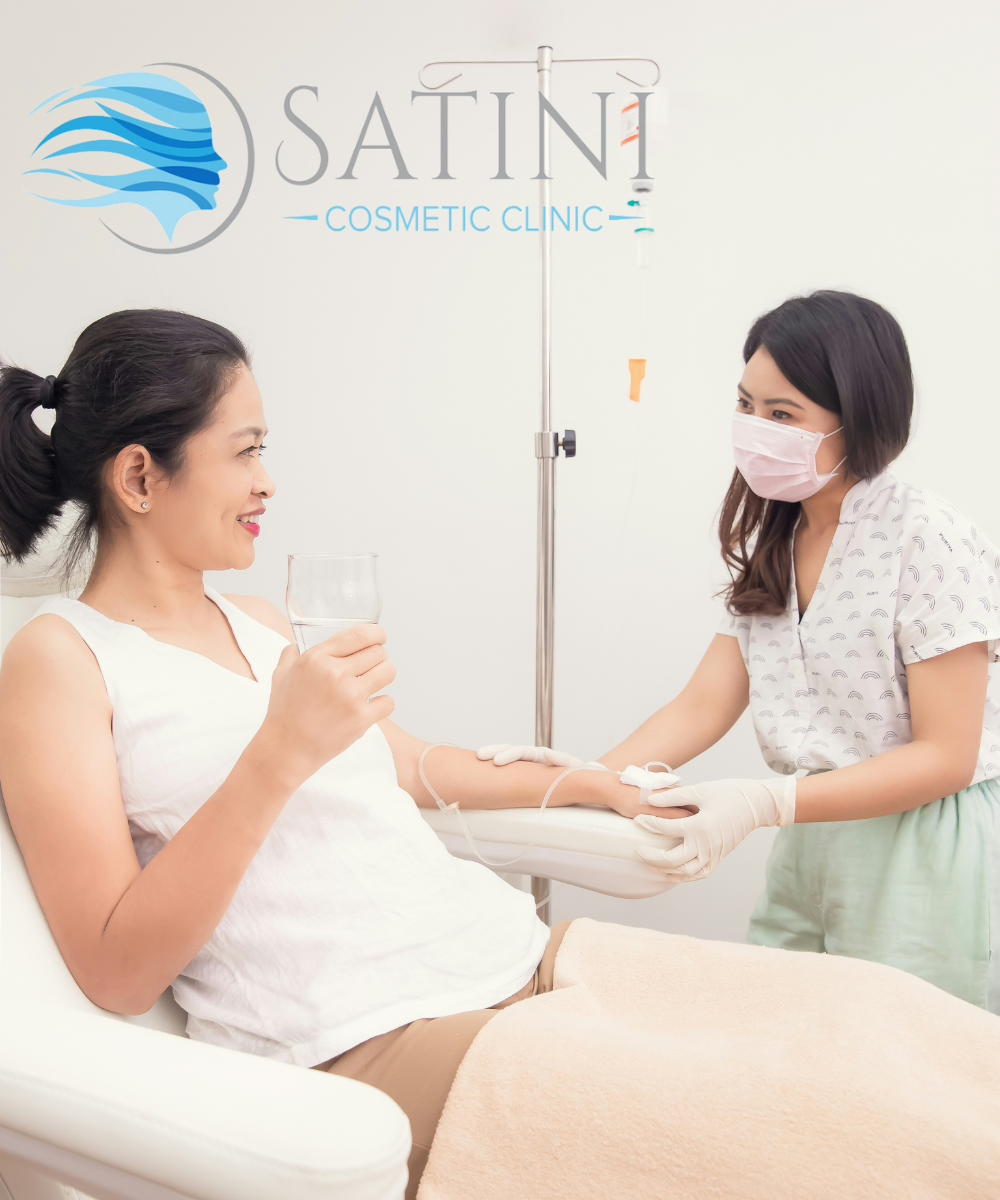
Glutathione Injections Cost and Packages
The treatment cost of glutathione injections can vary based on several factors, including location, the healthcare professional administering the treatment, and the specific package chosen. Here are some general price ranges and package options to consider:
- Single session: $200-$300
- Package of 3 sessions: $500-$750
- Package of 6 sessions: $1,680-$1800
- Maintenance package: $200-$300 per session (recommended every 2-3 months)
It’s important to note that the cost of glutathione injections may not be covered by insurance.
Glutathione Injections in NZ, in summary
Based on scientific evidence, we can say that glutathione infusions can help lighten the skin, especially for people of Asian descent with moderately dark skin. However, the results may only last for a few months, especially if you don’t take good care of your skin afterward. It’s important to use sun protection regularly and consider taking oral glutathione supplements to maintain the results.
Glutathione infusions usually don’t cause serious side effects, as long as they’re given at a clinic with good safety and hygiene standards.
However, the treatment is still considered experimental, and more research is needed. Because of this, it’s important to make an informed decision and carefully choose a trusted clinic before starting any treatment.
Book Your Appointment At Satini Cosmetic Clinic in Christchurch, NZ
To book your appointment at Satini Cosmetic Clinic, where we have extensive experience with glutathione infusions, simply contact us today. We use only high-quality products manufactured in Australia to ensure the best results and safety for our clients. Let our expert team help you achieve your skin goals with trusted and professional care.
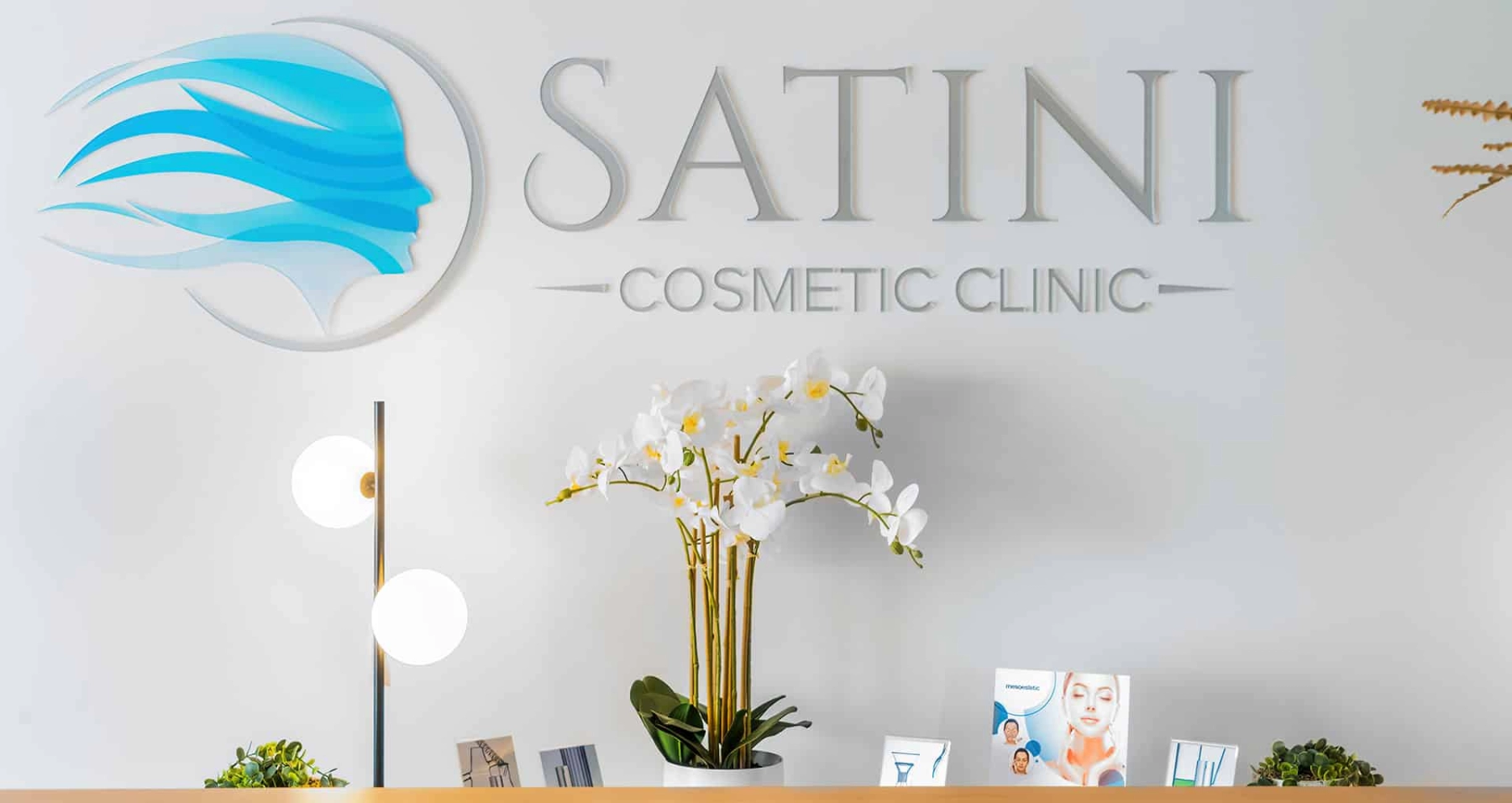
Your Content Goes Here


